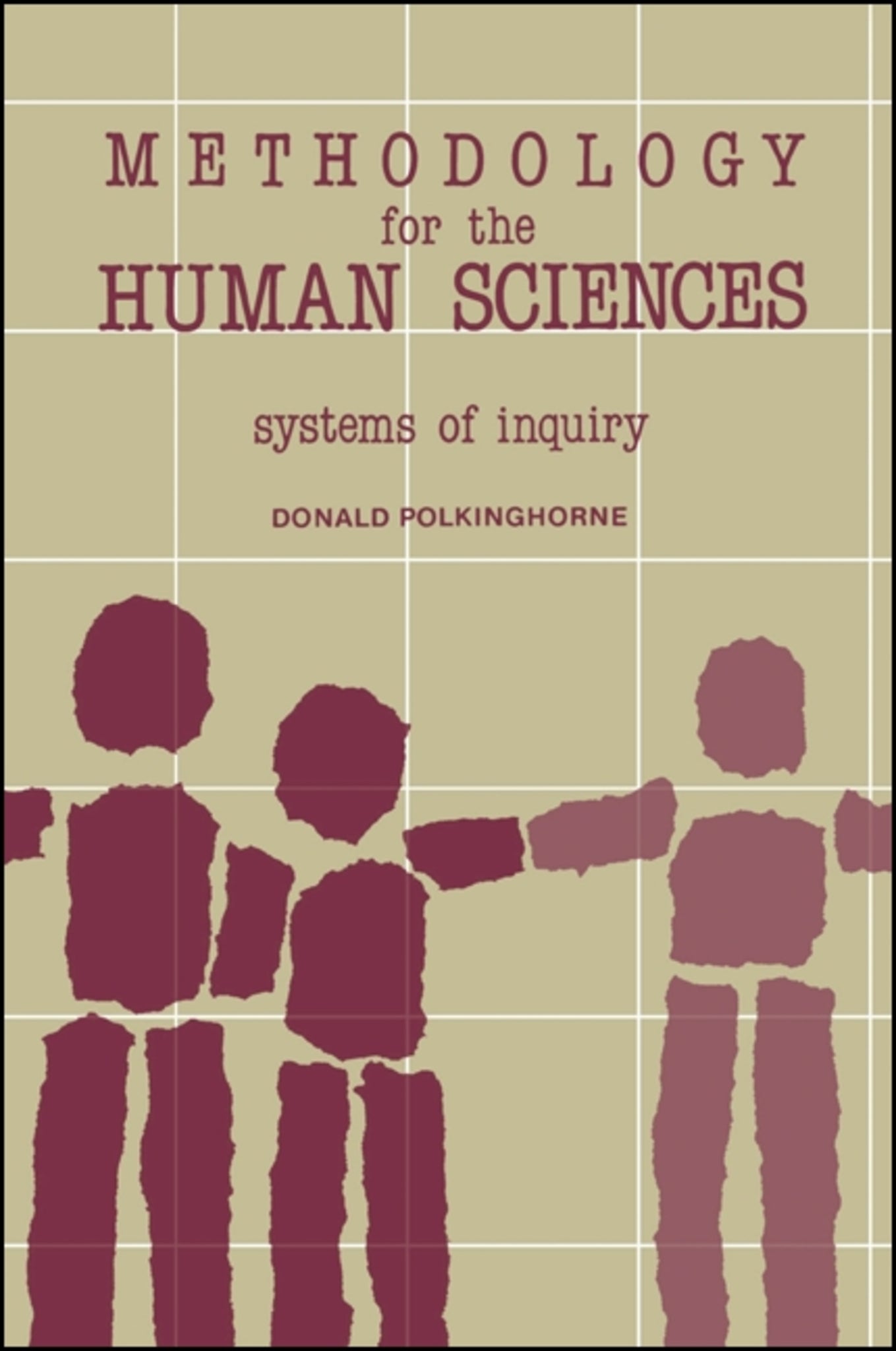We're sorry. An error has occurred
Please cancel or retry.
Methodology for the Human Sciences

Some error occured while loading the Quick View. Please close the Quick View and try reloading the page.
Couldn't load pickup availability
- Format:
-
30 June 1984

Methodology for the Human Sciences addresses the growing need for a comprehensive textbook that surveys the emerging body of literature on human science research and clearly describes procedures and methods for carrying out new research strategies. It provides an overview of developing methods, describes their commonalities and variations, and contains practical information on how to implement strategies in the field. In it, Donald Polkinghorne calls for a renewal of debate over which methods are appropriate for the study of human beings, proposing that the results of the extensive changes in the philosophy of science since 1960 call for a reexamination of the original issues of this debate.
The book traces the history of the deliberations from Mill and Dilthey to Hempel and logical positivism, examines recently developed systems of inquiry and their importance for the human sciences, and relates these systems to the practical problems of doing research on topics related to human experience. It discusses historical realism, systems and structures, phenomenology and hermeneutics, action theory, and the implications recent systems have for a revised human science methodology.


List of Illustrations
Preface
Introduction
1. The Original Debate
Positivism
The Anti-Positivist Response
The Recurring Debate
Summary
2. The Received View of Science
The First Phase: The Vienna Circle
The Second Phase: Theoretical Networks
The Human Sciences and the Deductive System of Inquiry
3. Pragmatic Science
The Third Phase: Criticism of the Received View
The Fourth Phase: Sciences as Expressions of Various World Outlooks
The Fifth Phase: Historical Realism
4. Systems and Structures
Systems
Structuralism and Human Systems
Systems Inquiry and Methodology
5. Human Action
The Nature of Human Action
Explanations and Accounts of Human Action: Causal Explanations
Explanations and Accounts of Human Action: Acausal Explanations
Explanations and Accounts of Human Action: Linguistic Accounts
Practical Reasoning
6. Existential-Phenomenological and Hermeneutic Systems
The Existential-Phenomenological System of Inquiry
Hermeneutics (Interpretation)
Interpretation and the Human Sciences
7. Human Science Research
The Nature of Knowledge
Use of Linguistic Data
Concluding Remarks
Appendix: The Term "Human Science"
Notes
Bibliography
Index



